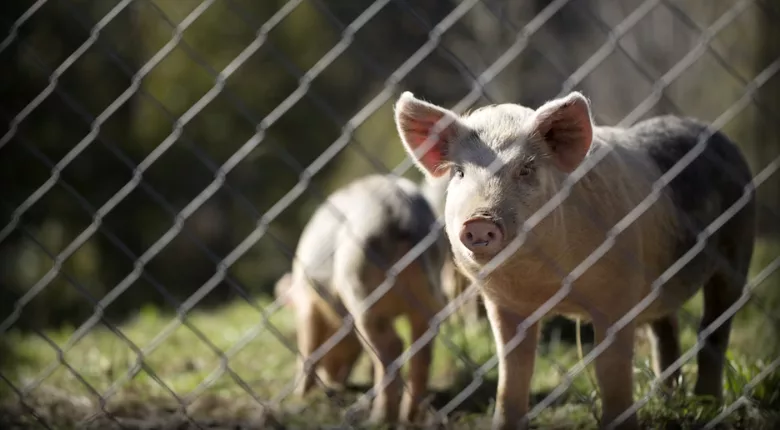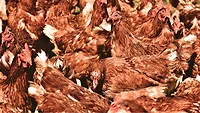USDA-FSIS Announces Modified NSIS Time-Limited Trial, Worker Safety Study

Image credit: Sandy Millar via Unsplash
The U.S. Department of Agriculture’s Food Safety and Inspection Service (USDA’s FSIS) has announced a modified Time-Limited Trial to include a swine study as part of the New Swine Slaughter Inspection System (NSIS).
In March 2021, the U.S. District Court for the District of Minnesota vacated the component of USDA’s New Swine Slaughter Inspection System (NSIS) that eliminated line speed limits for participating establishments. As a result, all NSIS establishments were required to operate at line speeds not exceeding 1,106 head per hour (hph) as of June 30, 2021.
In November 2021, FSIS, in consultation with the Occupational Safety and Health Administration (OSHA), invited NSIS establishments to participate in a time-limited trial (TLT), during which the establishments have been allowed to operate at an increased line speed while collecting and submitting data that would be used to evaluate the impact of increased line speed on workers.
FSIS contracted a third-party team of worker safety experts to evaluate the data submitted by participating swine establishments. In fall of 2023, the team of experts determined that the data submitted was not sufficient to evaluate the impact of increased line speeds on worker safety in NSIS establishments. Given the results, in November 2023, FSIS granted a 90-day extension of the TLT to facilitate the design of a study that will generate the necessary data to evaluate the impact of increased line speeds on worker safety and inform the agency’s next steps.
During the 90-day period, USDA and contractors held several meetings with the participating establishments and other relevant stakeholders to develop a study plan. The study plan has been finalized based on the input received.
USDA is announcing a modified TLT to include a swine study. The TLT establishments received a letter with information about the study. The study will include onsite visits, interviews with establishment workers, and measurements and observations of plant operations at 1,106 hph and respective establishments’ higher line speeds. The contractors will work with the establishments to coordinate onsite visits that accommodate for plant operations and schedules.
Establishments must continue to satisfy the original criteria for the TLT and participate in all aspects of the study to remain eligible for a modified TLT. Participating establishments will also be required to submit a range of relevant data as part of the study. Additionally, worker safety agreements with each establishment’s union or worker representative will continue to be an essential part of the TLT. Participating establishments will need to provide documentation, on a quarterly basis, signed by a facility manager and the union or worker representative that verifies compliance and continued implementation of the worker safety agreement.
The modified TLT will continue through January 15, 2025. The study team will deliver a report to FSIS, which the agency will use to guide next steps regarding line speeds in swine establishments, and could include a decision to pursue rulemaking.
Looking for quick answers on food safety topics?
Try Ask FSM, our new smart AI search tool.
Ask FSM →





.webp?height=200&t=1661887788&width=200)



